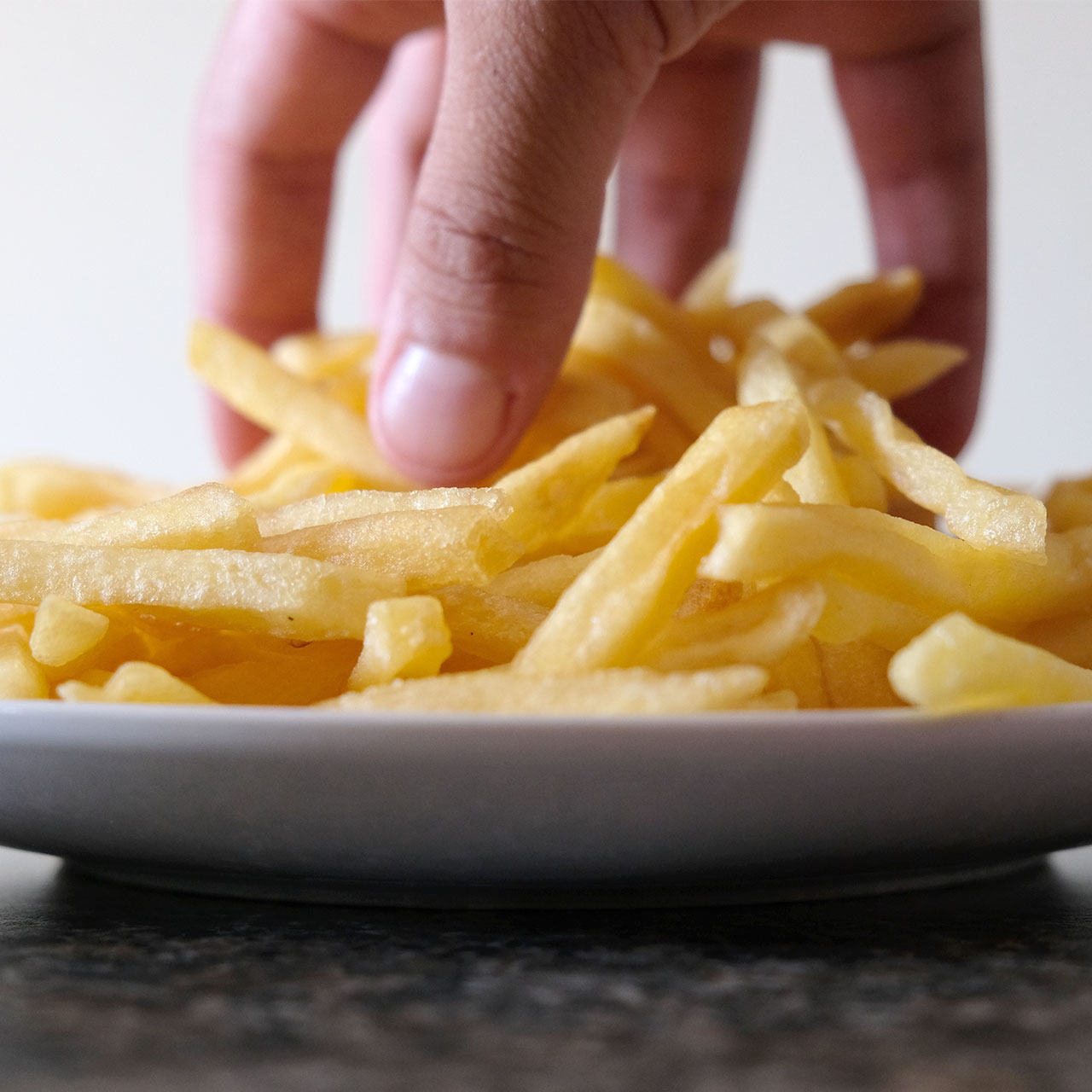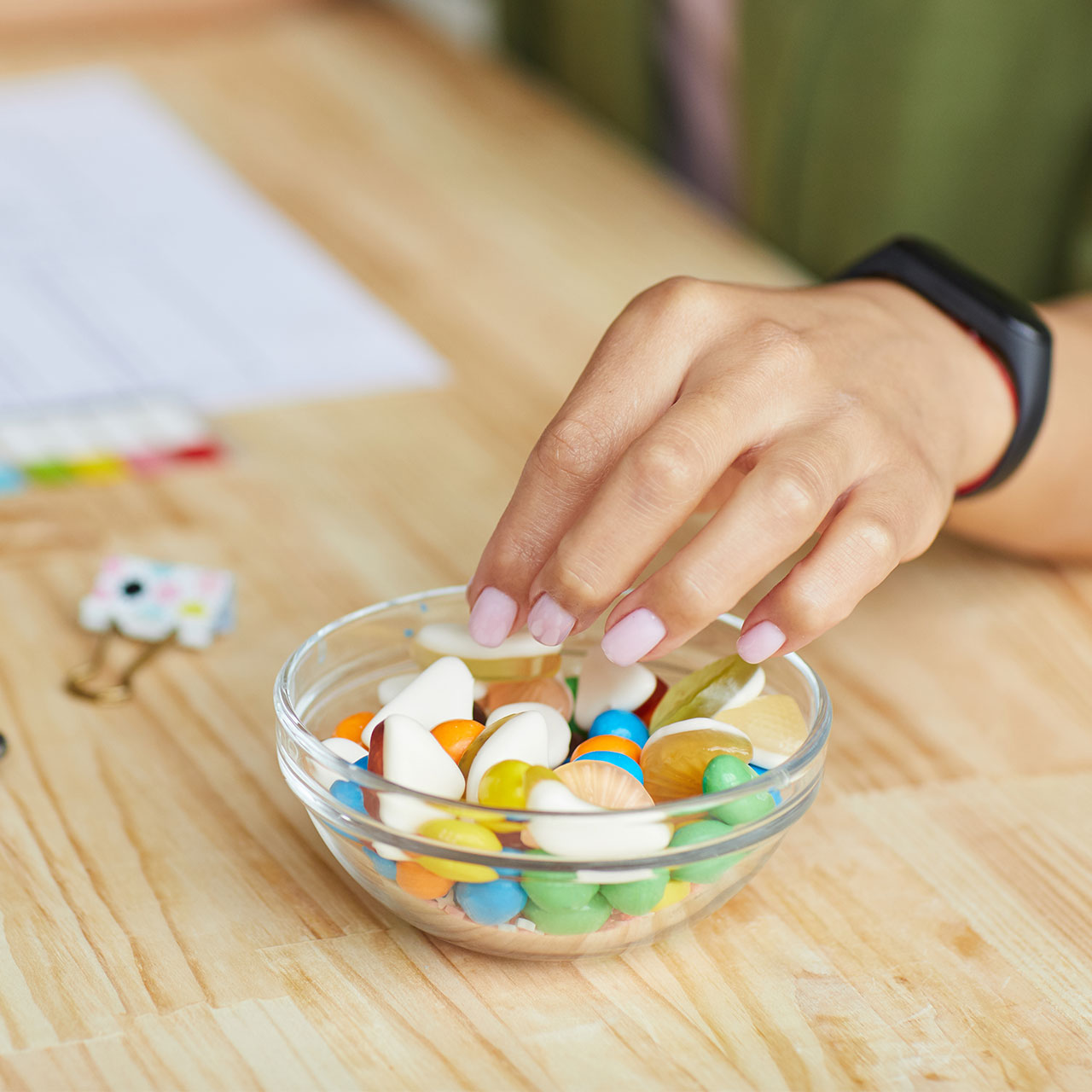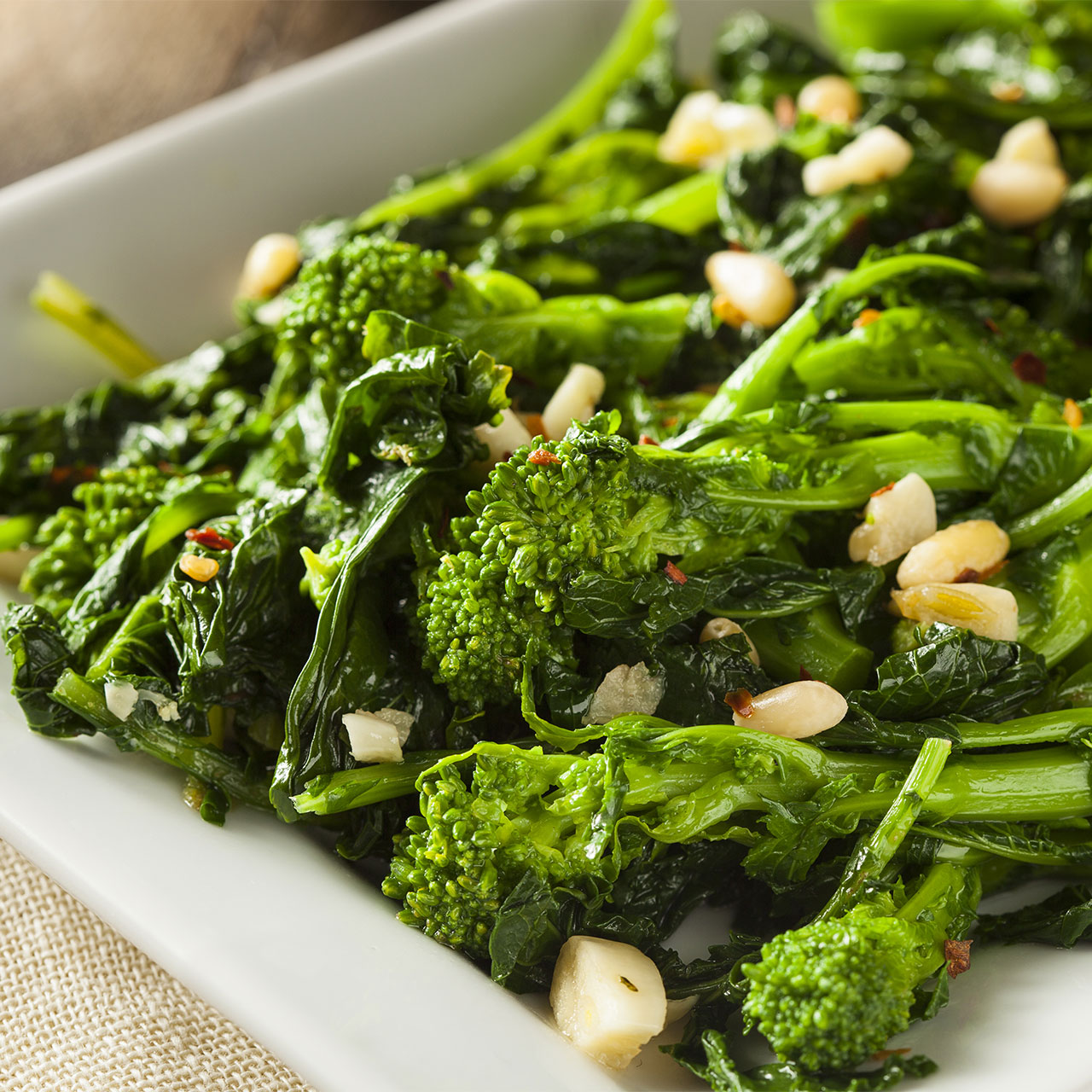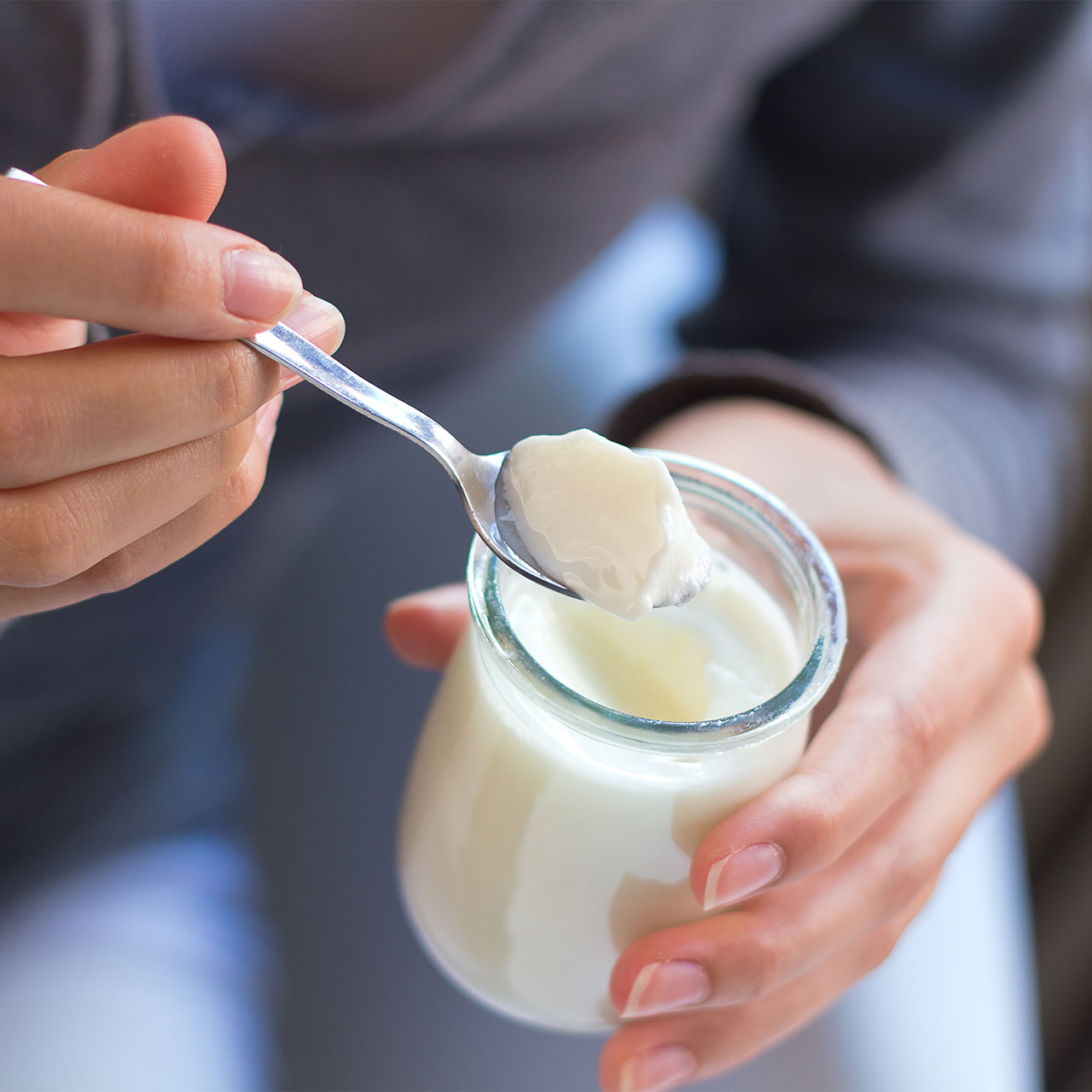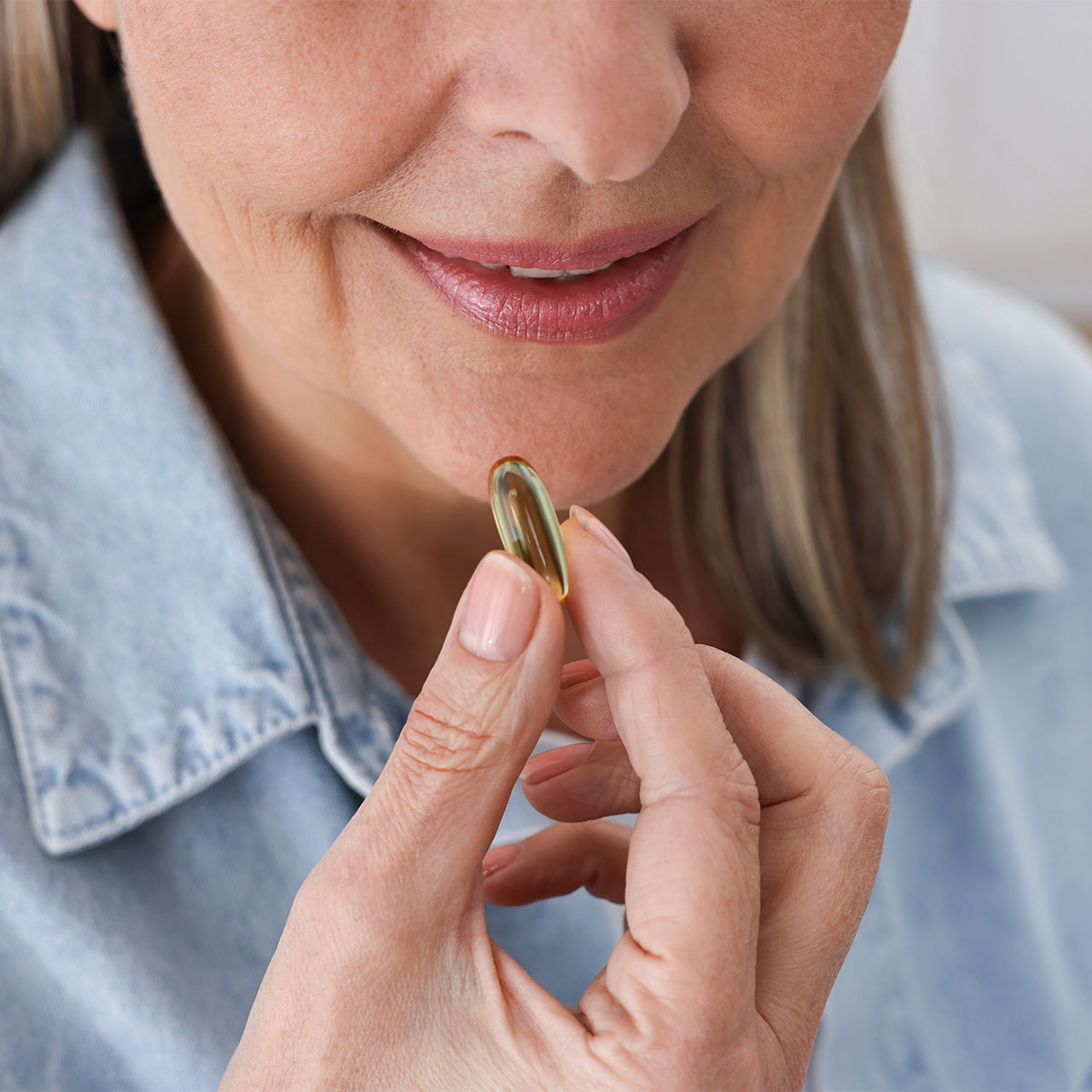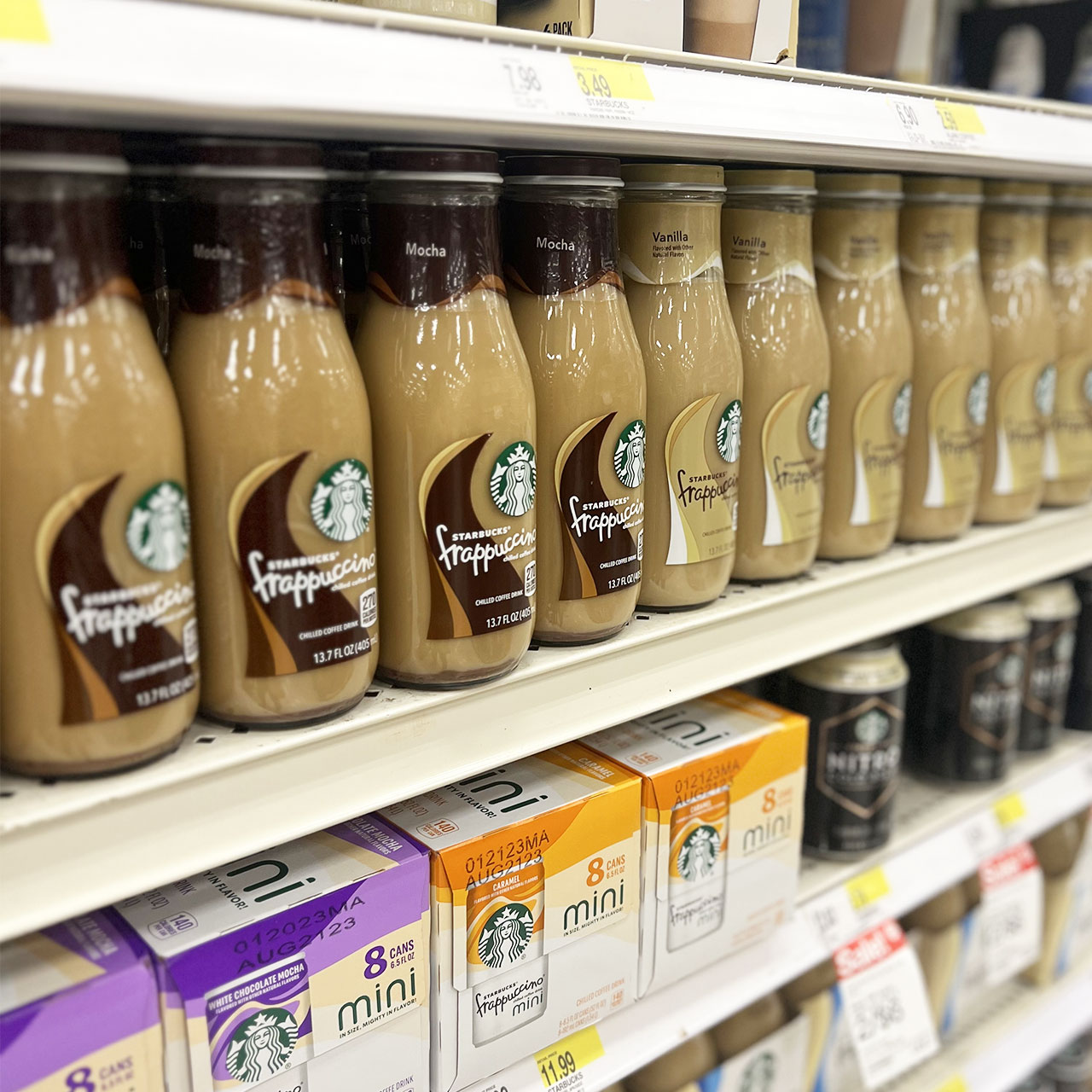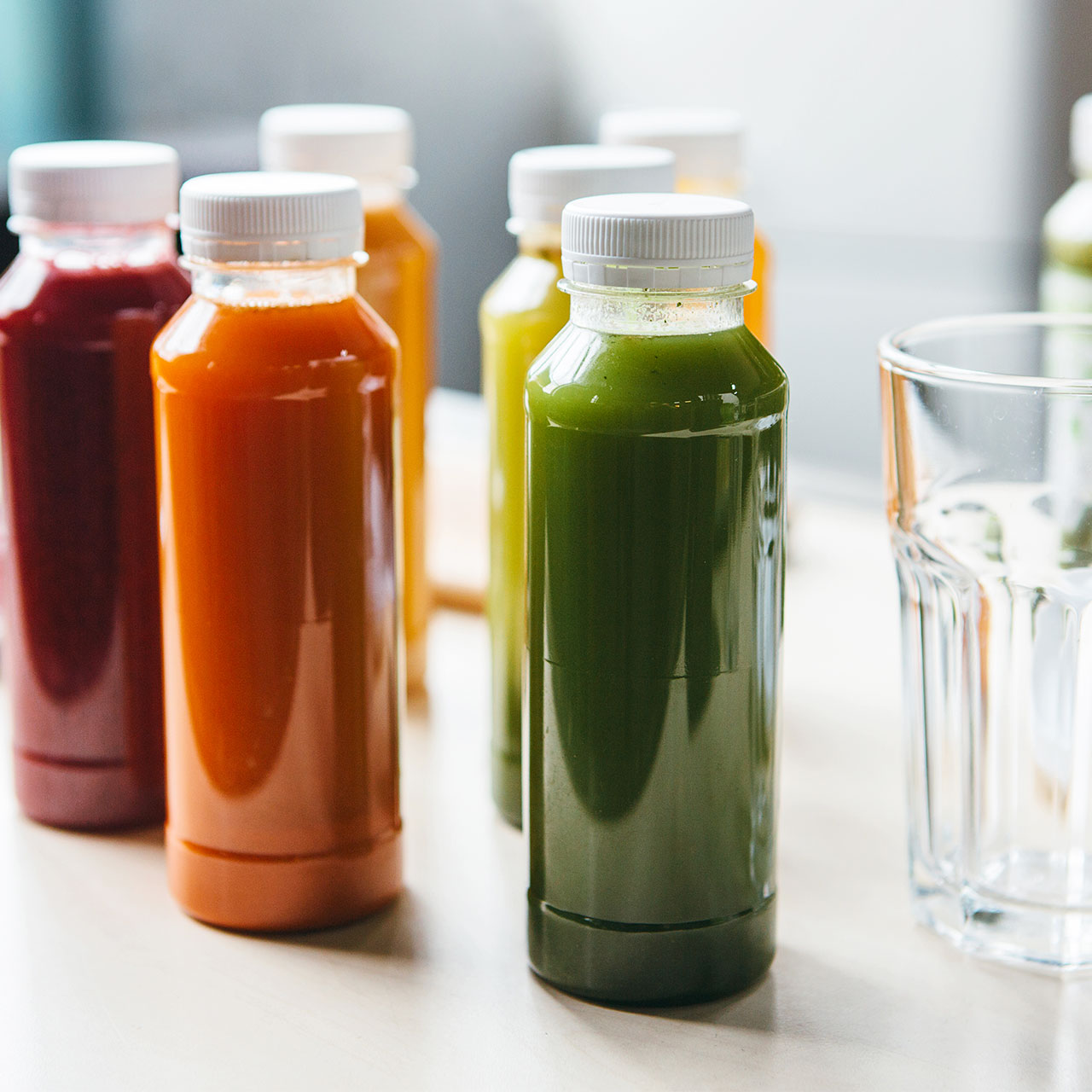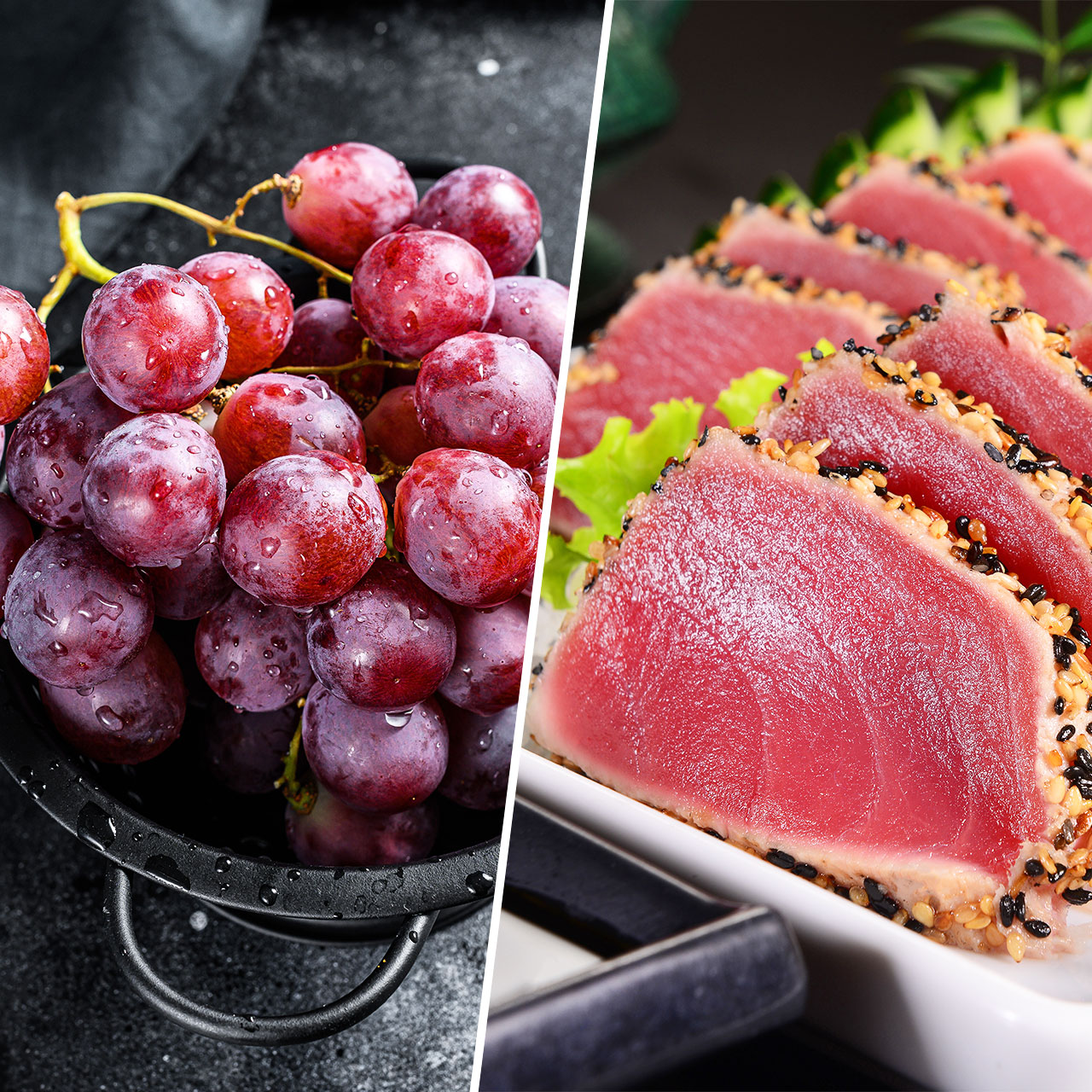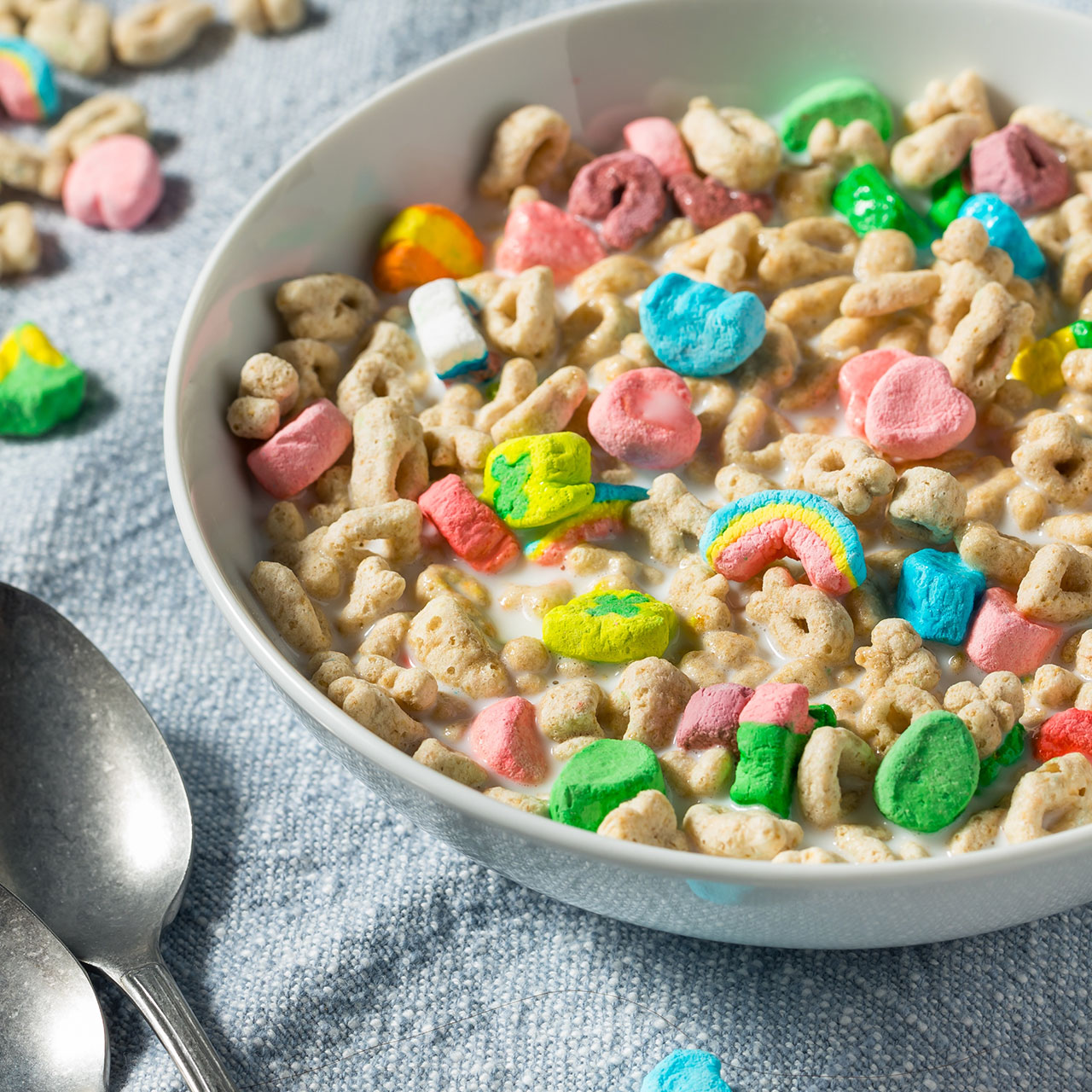High-sugar snacks might be super tempting and a staple in every household pantry, but they can really mess with your weight loss goals. Eating too much sugar can make it harder for your body to manage energy levels and can lead to more fat storage. This can slow down your progress and make it tougher to lose those extra pounds.
We checked in with Jesse Feder, a registered dietitian and personal trainer at My Crohn’s and Colitis Team, and Adrienne Raimo, Integrative & Functional Dietitian, L.D, to learn about two high-sugar snacks to avoid if you want to reduce insulin resistance and stay on track with your weight loss goals. They revealed that sugary beverages like fruit juices and candies are the ones to stay away from.


1. Sweetened Beverages
Sweetened beverages, including sugary sodas, fruit juices, and energy drinks, are a major source of added sugars in many diets. Consuming these beverages has been associated with the development of insulin resistance, a slowing of metabolism, and unwanted weight gain.
"Sugar-sweetened sodas are typically very high in sugar and calories," Feder warns. "They do not offer any real nutritional value and can be quite addictive due to their appealing taste. The high amount of sugar and calories can easily add on stomach fat and prevent weight loss."
Moreover, these liquid calories often don't provide the same sense of fullness as solid foods, leading to increased overall calorie consumption.

2. Candy
It may be a no-brainer that candy is one of the least healthy food categories, but it's important to remember just how damaging it can be to your body. Among other health risks, Raimo points out that excessive candy consumption can lead to insulin resistance and a slower metabolism, citing sour gummies, powdered sugar dips, candy bars, and candy corn as some of the worst options.
"Outside of the sugar and artificial flavors and colors, they don't come with any fat or protein (unlike, say ice cream - which is still not health food by any means) to help slow down the rate in which a bunch of sugar enters the system and spikes in the bloodstream," she explains. "The body then tries to pump out insulin to help bring blood sugar back down to normal by sending the sugar to our muscles, brain, and liver. Over time, the body can produce less insulin or the cells become less sensitive to the hormone (insulin resistance)." Yikes!
Luckily, there are plenty of low-sugar sweet treats to try instead.


